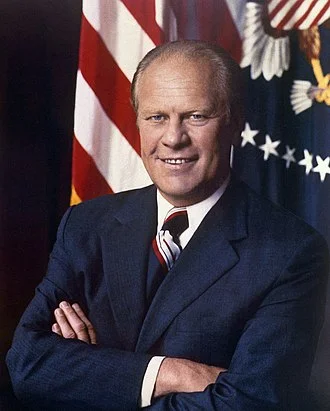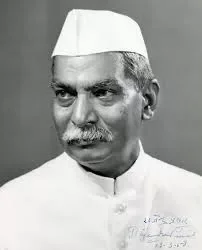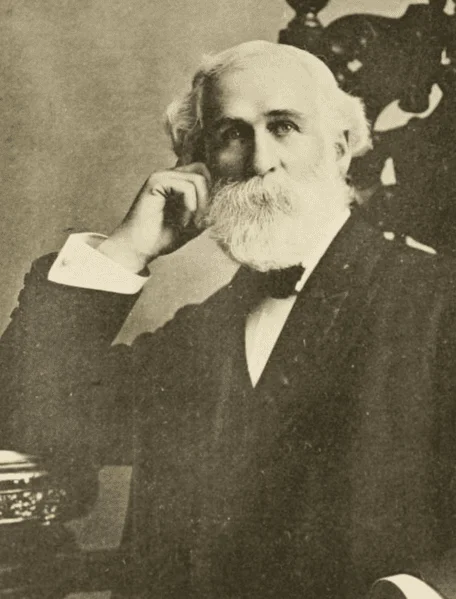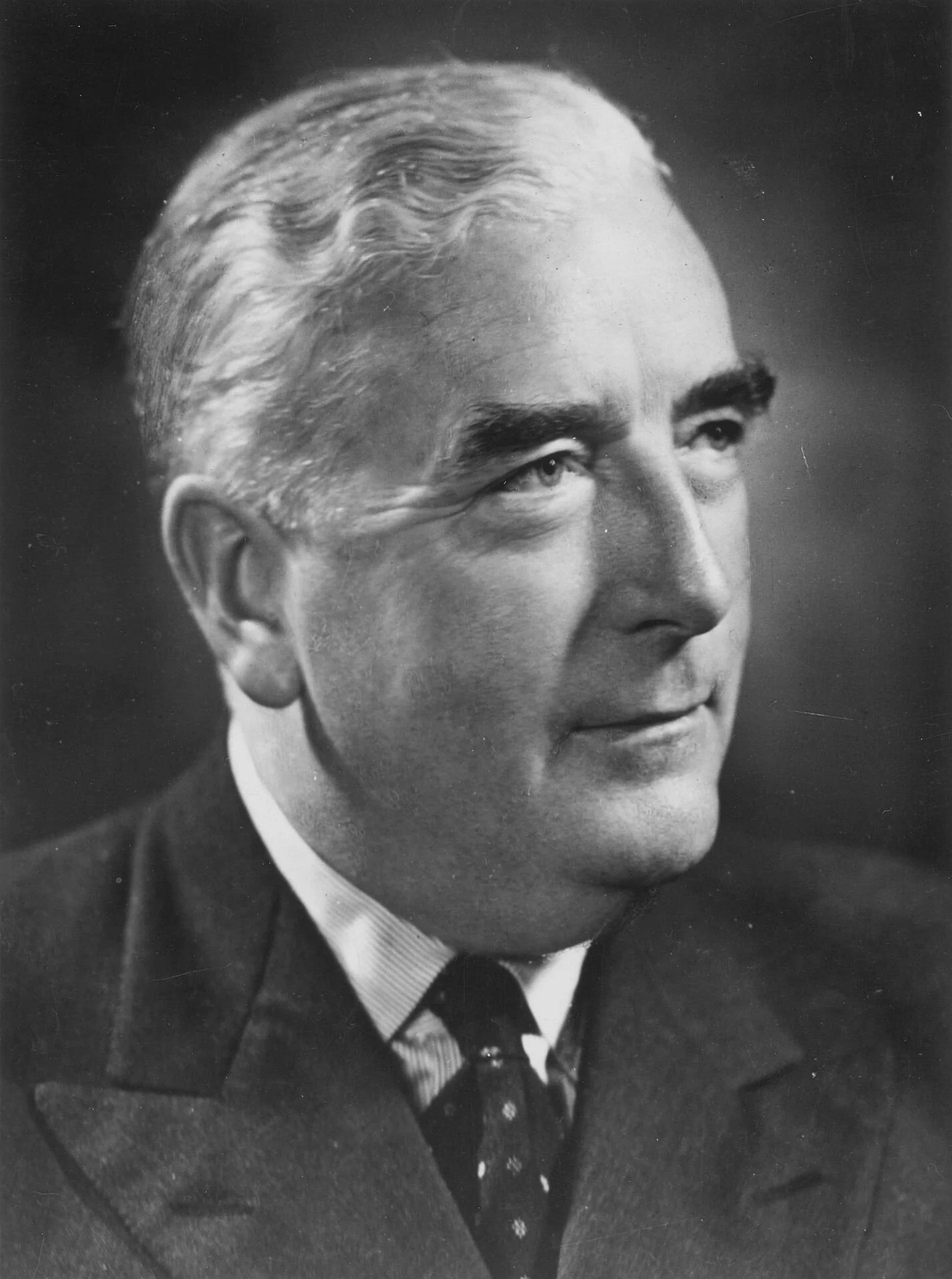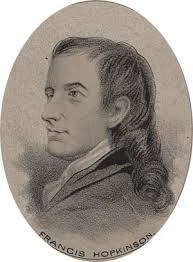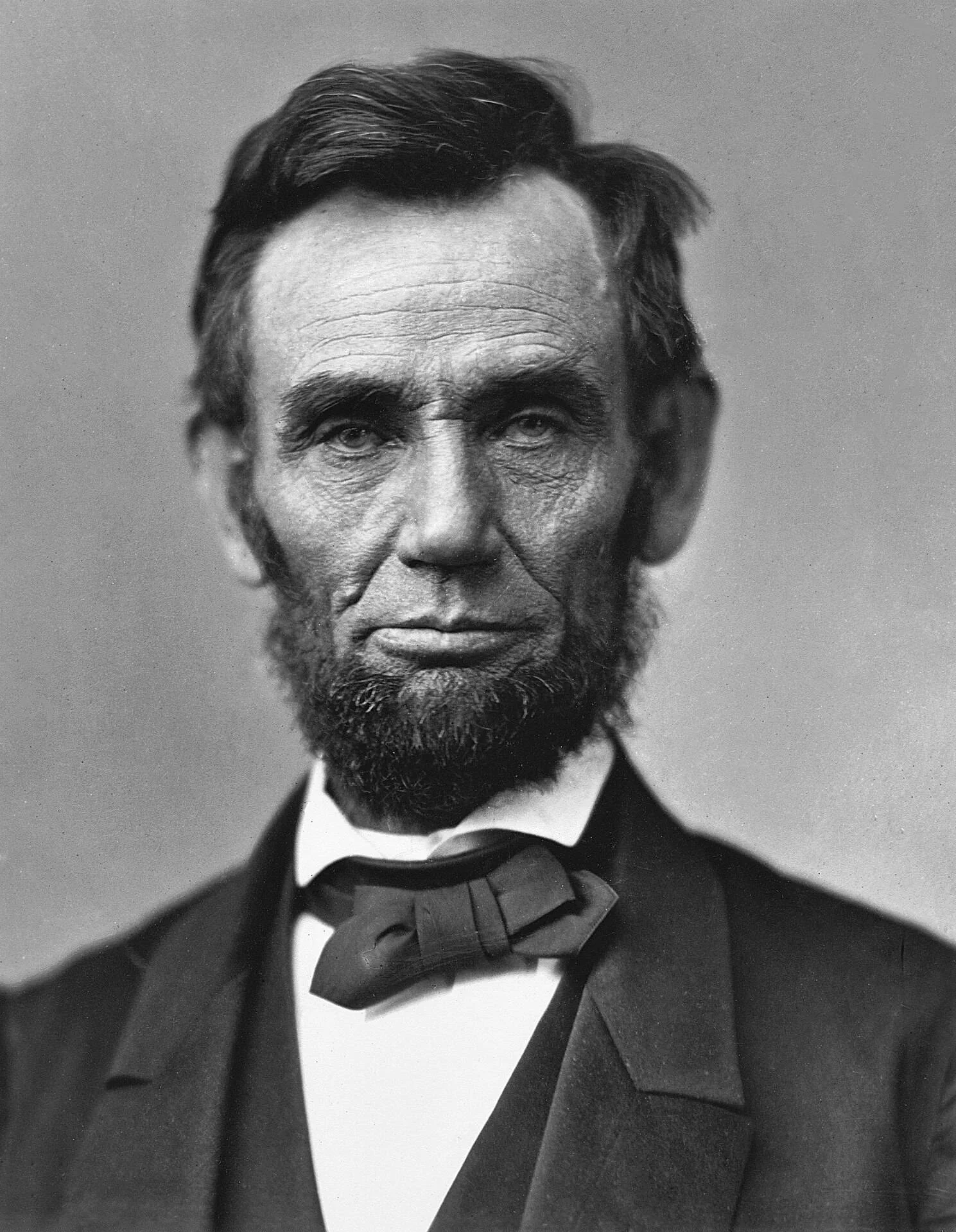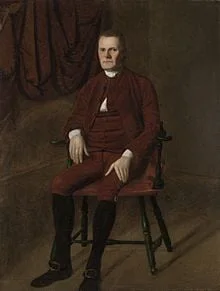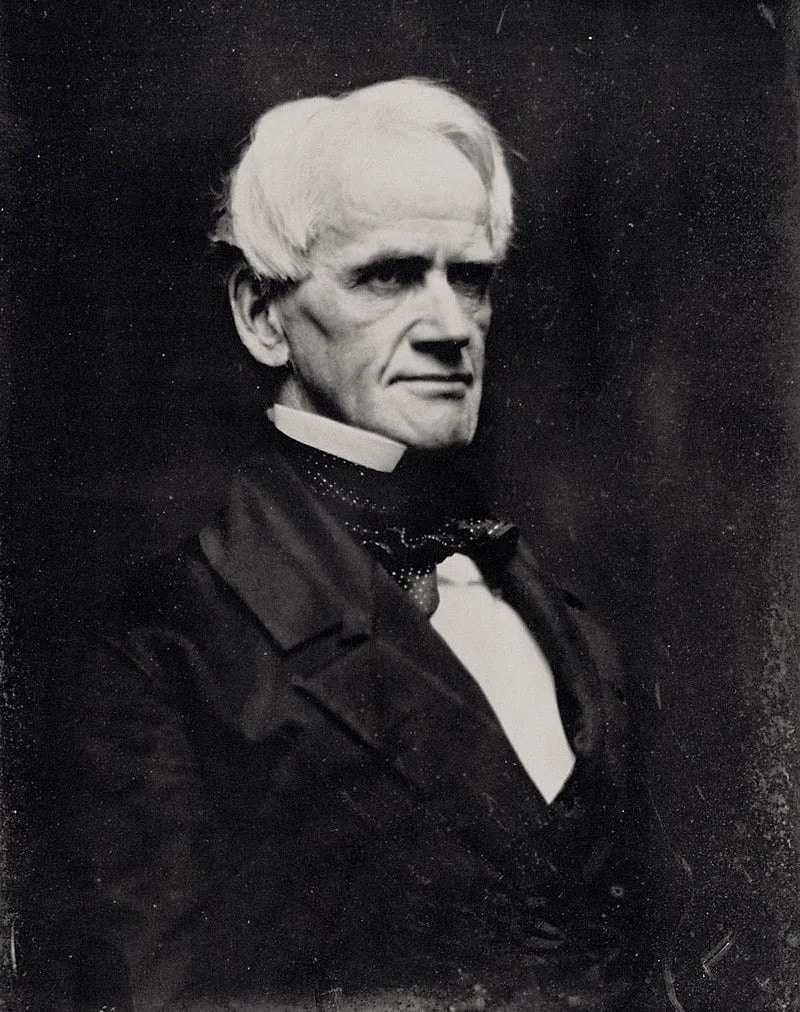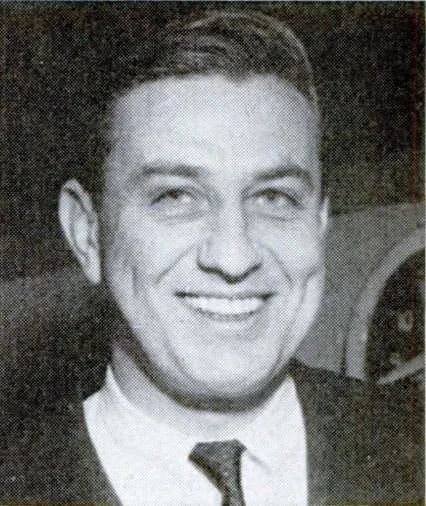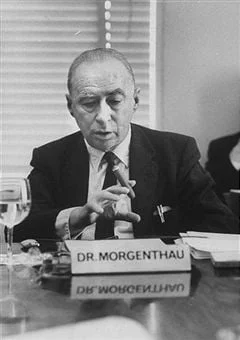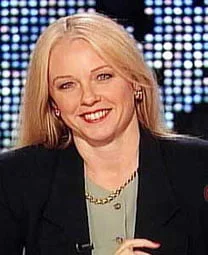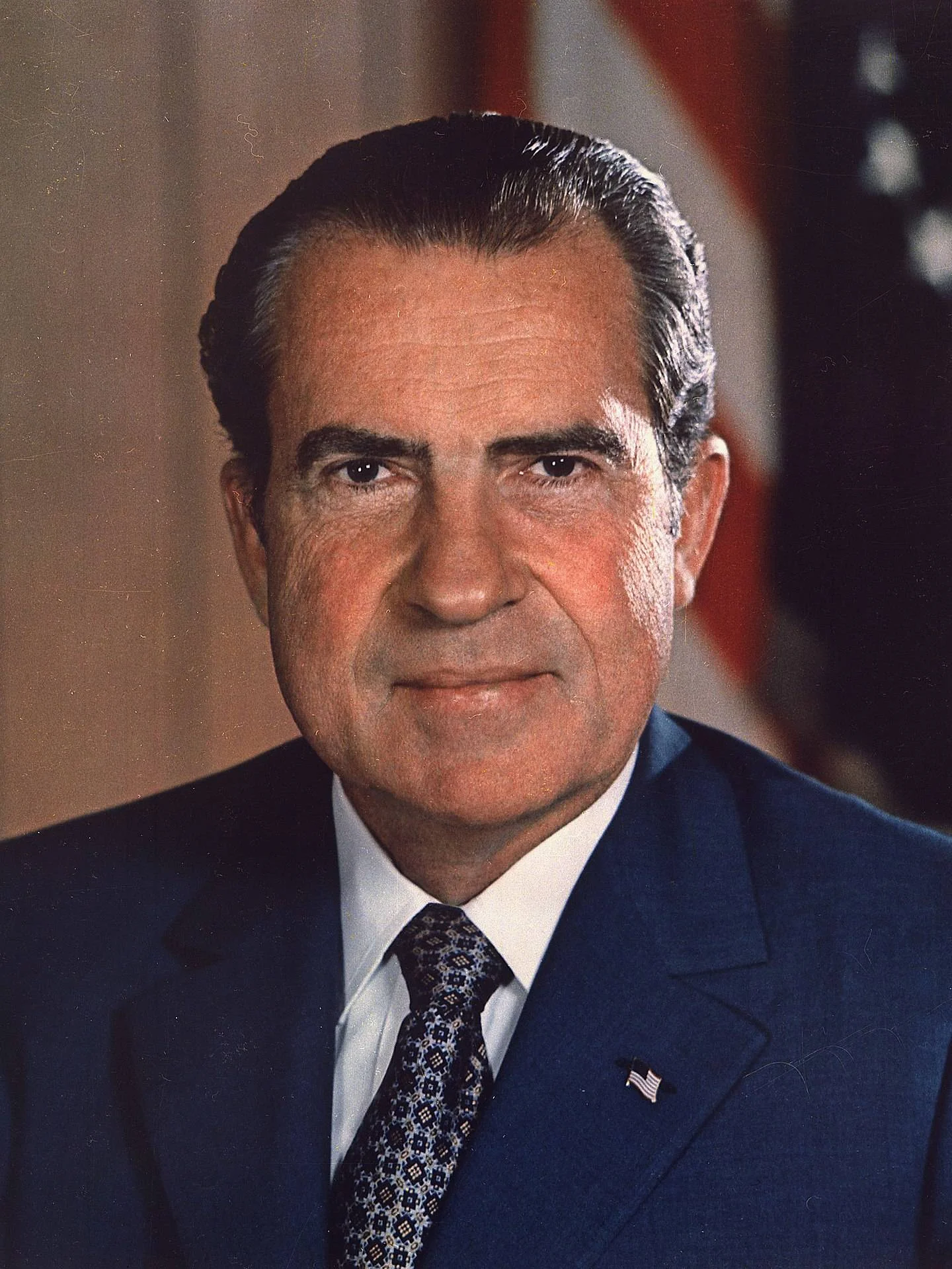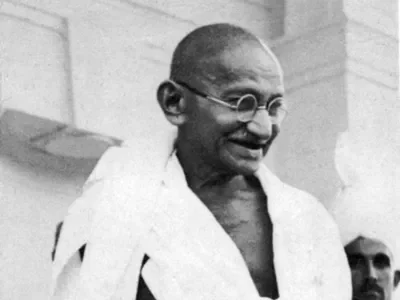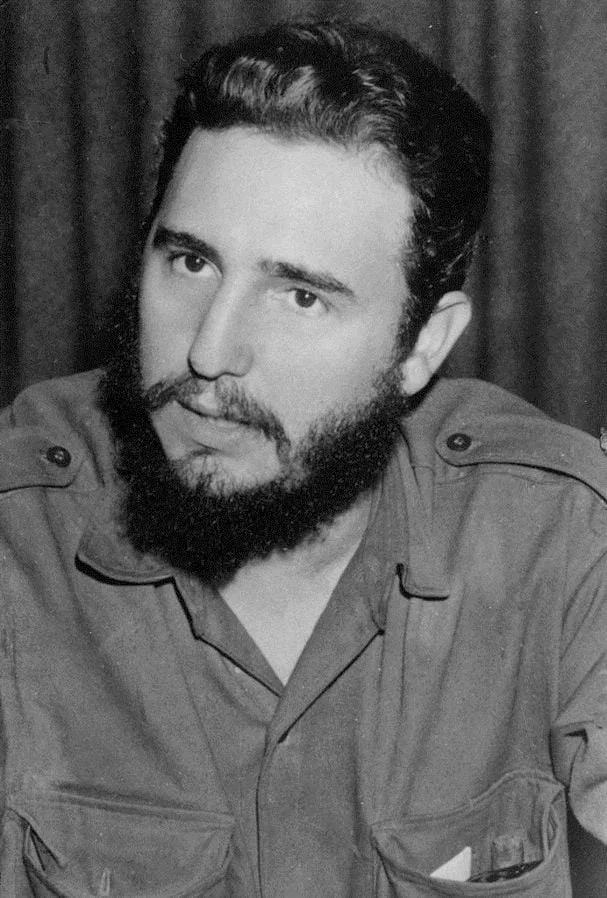Real Celebrities Never Die!
OR
Search For Past Celebrities Whose Birthday You Share

source:wkipedia.org
Thurgood Marshall
Birthday:
02 Jul, 1908
Date of Death:
24 Jan, 1993
Cause of death:
Heart failure
Nationality:
American
Famous As:
Jurist
Age at the time of death:
84
Thurgood Marshall's Quote's
Early Life and Family Background
Thurgood Marshall was an American lawyer and judge who served as the first African-American Associate Justice of the Supreme Court of the United States. He is widely regarded as one of the most influential figures in American law.
Thurgood Marshall was born on July 2, 1908, in Baltimore, Maryland, to a working-class African-American family. Marshall’s parents were Norma and William Canfield Marshall. His father held various jobs as a waiter in hotels, in clubs, and on railroad cars, and his mother was an elementary school teacher.
While Marshall was still young, his family moved to New York in search of better and greener opportunities but had to return to Baltimore when he was six. Growing up in Baltimore, he was an energetic and boisterous child who frequently found himself in trouble.
His father, William, enjoyed following cases, and as a young child, Marshall would always go to court with him. From following his father to court, Marshall learned how to argue and challenge logic by proving every statement he made.
Education
Marshall attended the Colored High and Training School in Baltimore. He later enrolled at Lincoln University in Chester County, Pennsylvania. At Lincoln University, Marshall was suspended for two weeks for his involvement in the wake of a hazing incident, but even so, he aced his exams and obtained good grades.
Marshall graduated first in his class from Howard University School of Law in 1933, where he was also mentored by Charles Hamilton Houston. Marshall passed his Maryland Bar examination the same year he graduated.
Early Legal Career
Marshall established his own private practice in Baltimore, where he represented clients in cases involving racial discrimination, segregation, and voting rights. He also joined the National Association for the Advancement of Colored People (NAACP) as a staff lawyer before eventually becoming its chief counsel.
Landmark Legal Cases
Marshall’s most famous case was Brown v. Board of Education in 1954, where he successfully argued before the Supreme Court that the state laws enforcing racial segregation in public schools were unconstitutional. This landmark victory paved the way for the end of legal segregation and the integration of American society. He argued many more important cases before the Supreme Court, winning 29 out of his 32 cases.
Judicial Appointments
President John F. Kennedy appointed Marshall as a judge of the United States Court of Appeals for the Second Circuit in 1961, where he issued more than 150 decisions, many of which advanced civil rights and civil liberties. President Lyndon B. Johnson appointed him as the Solicitor General of the United States in 1965, making him the first African-American to hold this position.
Appointment to the Supreme Court
President Johnson appointed Marshall to fill the vacancy left on the Supreme Court with the retirement of Justice Tom C. Clark. He was sworn in after a contentious confirmation process, making him the first African-American Supreme Court Justice. He served on the court for 24 years until his retirement in 1991.
Personal Life
Marshall was married to Vivian Burey until her death in 1955 due to cancer. He later remarried Cecilia Suyat, an NAACP secretary, eleven months later. They had two children.
Death and Legacy
He passed away in 1993 at the age of 84.
Name:
Thurgood Marshall
Popular Name:
Thurgood Marshall
Gender:
Male
Cause of Death:
Heart failure
Spouse:
Place of Birth:
Baltimore, Maryland, U.S.
Place of Death:
Baltimore, Maryland, U.S.
Occupation / Profession:
Personality Type
Debater Smart and curious thinkers who cannot resist an intellectual challenge. Thurgood Marshall cared deeply about his community and spent his life trying to improve it.
He spent his childhood observing legal arguments at local courts with his father.
He took a night job at a Baltimore Health Clinic during the early years of his career.
He was appointed to his first judicial role by President John F. Kennedy.
His critics tried to tie Marshall to communism.
His original name was Thoroughgood Marshall.
Marshall spent four days being questioned about his political history before he was finally sworn in to the Supreme Court.
Thurgood Marshall fought for African-American teachers to be paid fairly
He served as the 32nd Solicitor General of the United States
He served as the Judge of the United States Court of Appeals for the Second Circuit.
Thurgood Marshall served as an Associate justice of the Supreme Court of the United States

